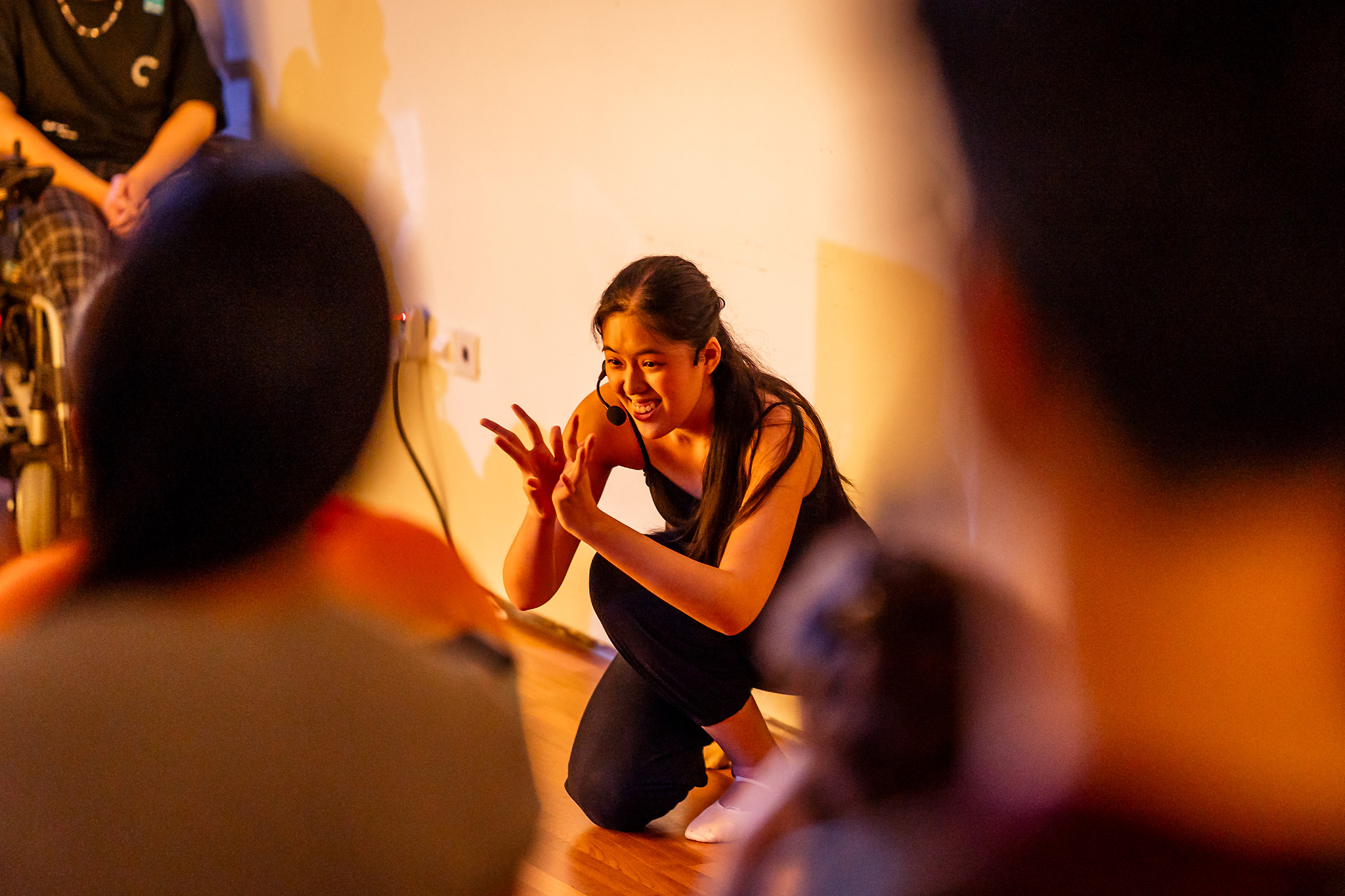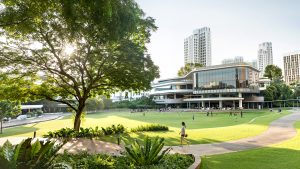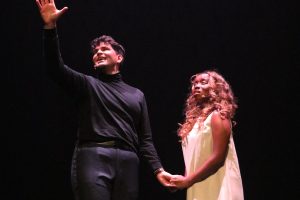FASS Alumni Spotlight | Ranice Tay (Theatre Studies '19)
Ranice Tay, who graduated with a BA (Hons) in Theatre Studies, won the Fei Mu Awards (Best Actress) at the 9th Pingyao International Film Festival this year for her outstanding performance in Amoeba (2025). Congratulations, Ranice!

Arts leader and disability advocate elected as Singapore's 31st Rhodes Scholar
Heartiest congratulations to Ms Jade Ow Yanhui, our Theatre Studies alumna, for winning the Singapore Rhodes Scholarship!
Conserving her heritage language
Dr Nala Lee shares about her work in preserving the language of Baba Malay, how language relates to community and culture, and what the layperson can do to help preserve other heritage languages.
Embrace Healthy Ageing
The research identifies the early signs of ageing and studies ways to reduce adverse health conditions stemming from ageing diseases.
Featuring Associate Professor Victor Yu, Faculty of Science and Professor Bao Zhiming, Faculty of Arts and Social Sciences, both from NUS’ College of Humanities and Sciences.
The systematic study of human language from different perspectives: English Language and Linguistics gives students the opportunity to investigate linguistic phenomena in multicultural and international contexts.
The Department offers a wide array of modules for students to enhance their analytical skills: linguistic patterning, the contextual-based development of language in different cultures and institutions, and even how this field interacts with others such as semiotics, literature and popular culture. Our students are critical and creative thinkers who are able to express themselves in speech and writing with clarity, precision and elegance.
The study of English Literature is the study of life’s possibilities. Through the alluring, imaginative worlds of writers like Shakespeare, the Brontë sisters, Toni Morrison and J. M. Coetzee, learn to see the world with a broad, flexible, critical and creative mind.
We embrace the diversity of literature here at NUS. Our students have the opportunity to study the main periods of British and American literature as well as world literature such as South Asian and Southeast Asian literature. There is flexibility in adopting generic or topic approaches with subjects such as film, visual media, critical theory, gender and sexuality, and contemporary issues like literature and ecology. Students are trained to read literature using aesthetic, historical, political or theoretical approaches.
The study of theatre and performance will engage your creative and critical mind. At NUS Theatre and Performance Studies, we believe that the study of theatre: its practices, its operations and its impact on society can equip you with transferrable critical thinking, resource organisation and public call-and-response skills.
Courses offered by the Department share a common commitment to understanding how theatre is made and the contexts in which it has significance for its communities. Students have the opportunity to study a wide range of cultures, histories, movements and ideas: everything from pre-modern Asian theatres to current cinematic and digital practices.
News
Sixteen NUS Programmes in Global Top 10
These programmes include those from Arts and Social Sciences, Computer Science, Design and Engineering, and Science – demonstrating the University’s strengths across its different colleges, faculties and schools, according to the latest Quacquarelli Symonds (QS) World University Rankings by Subject.
ELIZA: Finding Love and Human Connections Through Algorithms
Eliza – written by Professor José Ignacio Latorre (Director, Centre for Quantum Technologies) – sought to explore how relationships between man and robot could unravel, and with that, the central premise of the production: Is artificial intelligence (AI) capable of love?
Open House 2022 Engages and Excites
The ever-popular NUS Open House hit new heights this year, attracting over 8.61 million visitors – a 26.2 per cent increase from the 6.83 million visitors that attended last year’s online Open House.





